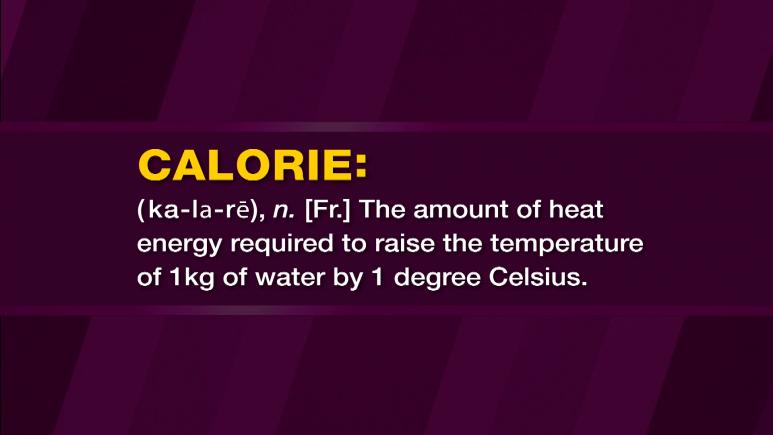

Dr. Travis Stork Answers: What Is a Calorie?

Q&A with Organizational Pro Peter Walsh + Dermatologist Shares A…

Actor Hank Azaria + Freezer Meals + Artichokes 2 Ways with Rach

See Inside Barbara Corcoran's Stunning NY Apartment + It's Steak…

How to Make Chicken and Lobster Piccata | Richard Blais

Donnie Wahlberg Spills Details About NKOTB's First Ever Conventi…

Donnie Wahlberg + Jenny McCarthy Say Rach Is Such a "Joy" + Look…

The Best Moments From 17 Seasons of the Show Will Make You Laugh…

How to Make Crabby Carbonara | Rachael Ray

Rach Chats "Firsts" In Flashback From Our First Episode Ever In …

How to Make Apple-Cider Braised Pork Chop Sandwiches with Onion …

Rach's Chef Pals Say Goodbye to Show in Surprise Video Message

How to Make Sesame Cookies | Buddy Valastro

How to Make Tortilla with Potatoes, Piquillo Peppers and Mancheg…

How to Make Shrimp Burgers | Jacques Pepin

How to Make Spanakopipasta | Rachael Ray

Andrew McCarthy Chokes Up Discussing Emotional Trip to Spain wit…

Celebrity Guests Send Farewell Messages After 17 Seasons of the …

Celebrity Guests Send Farewell Messages After 17 Seasons of the …

Andrew McCarthy Teases Upcoming "Brat Pack" Reunion Special

Michelle Obama Toasts Rach's 17 Years on the Air With a Heartfel…
You probably see calorie counts listed on nutrition labels every day. But if you were asked to actually define what a calorie is, could you? (We're not sure that we could, to be honest!) So, we recruited our buddy Dr. Travis Stork to walk us through it. Understanding what a calorie is and how calories are used by our bodies is so important, especially when it comes to mindful eating.
So, what *exactly* is a calorie?

Almost everything you eat and drink has a calorie count, or the amount of energy stored in its chemical bonds. (A calorie is a unit of measurement.)
But what does that really mean in terms of food and exercise? Stay with us!
RELATED: Should I Count Calories? A Dietitian Answers!
"Let's think about food in a positive way," Dr. Travis says. "Food can be your medicine, it can be your energy source."
The energy we get from the calories in our food is released in digestion and stored as other molecules like glucose and fat, so our bodies can grab it when we need fuel.
According to Dr. Travis, 10% of the energy from your daily calories is used for digestion. 70% is used by our organs and tissues to support basic, everyday functions. And 20% of the energy should go toward exercise.
When it comes to our bodies and the way they use calories, think of your body like a balance scale, Dr. Travis suggests. If the calories you're taking in are not equal to the calories you're burning, you'll either lose or gain weight.
"That's the balance of calories in, calories out," the doc explains.


